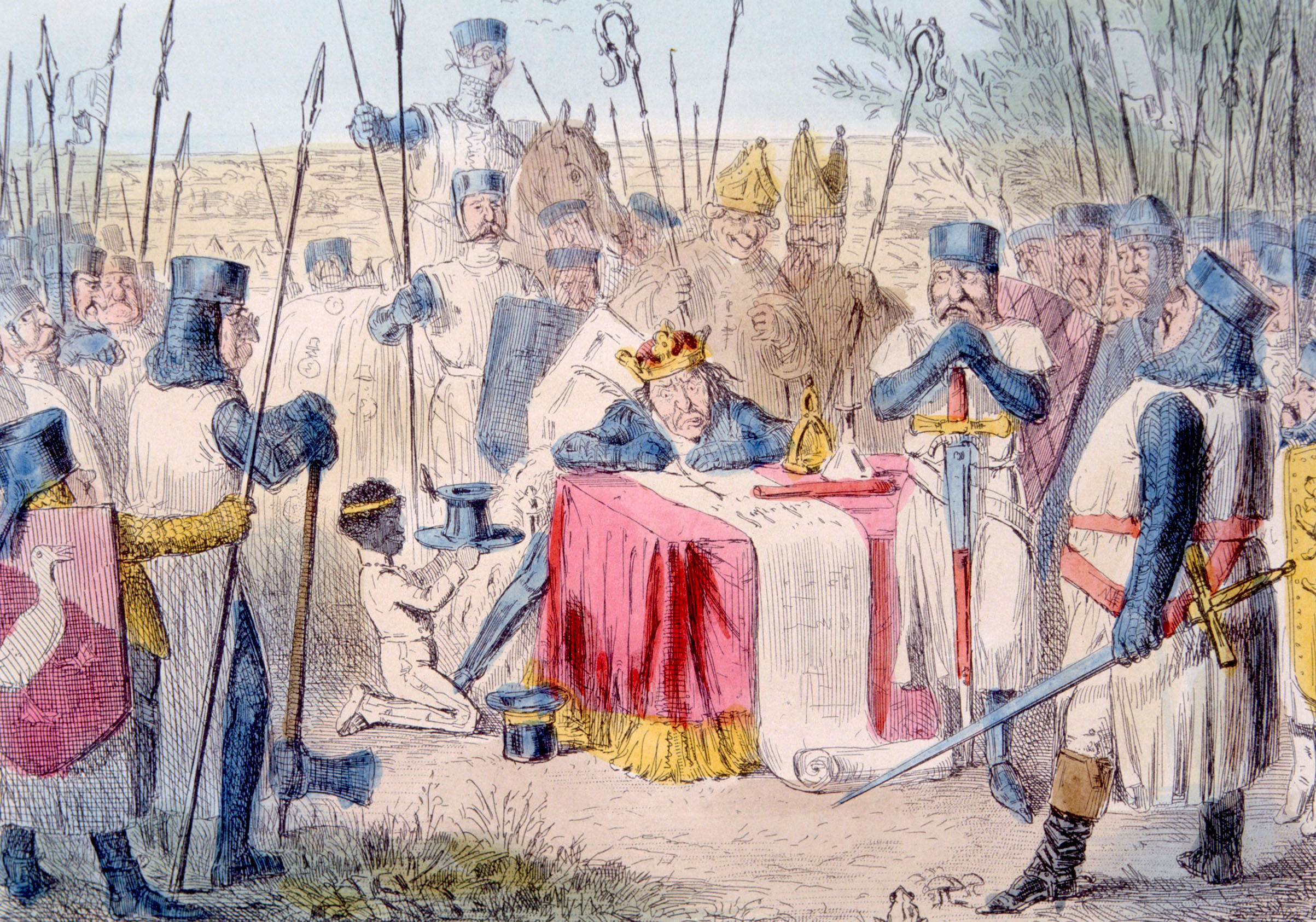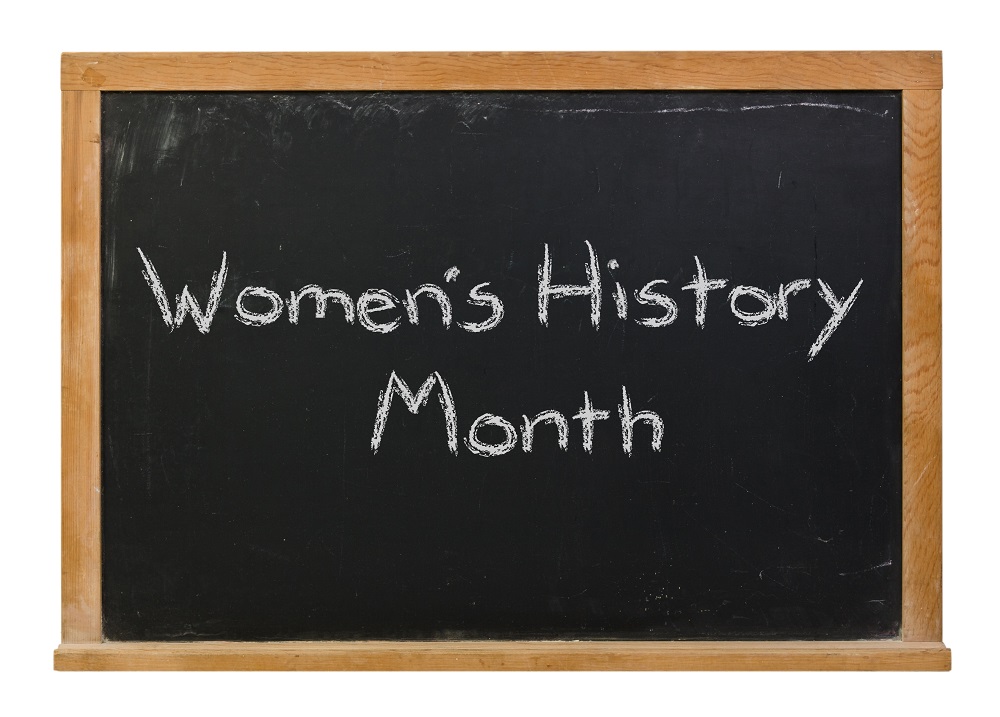Looking for a resource to effectively engage and educate users in the study of religion? The Macmillan Interdisciplinary Handbook on Religion: Sources, Perspectives & Methodologies combines features of an introductory textbook with those of a reference resource to encourage students in studying religion. There are ten volumes in total, that identify different areas of critical thought and practice in the study of religion, the series is “commended for community libraries” as well as “college students.”
Read a review on Volume 1, Macmillan Interdisciplinary Handbook on Religion: Sources, Perspectives & Methodologies, posted by Library Watch, March, 2016.
Read moreMacmillan Interdisciplinary Handbooks: Religion: A “Highly Recommended” Series









